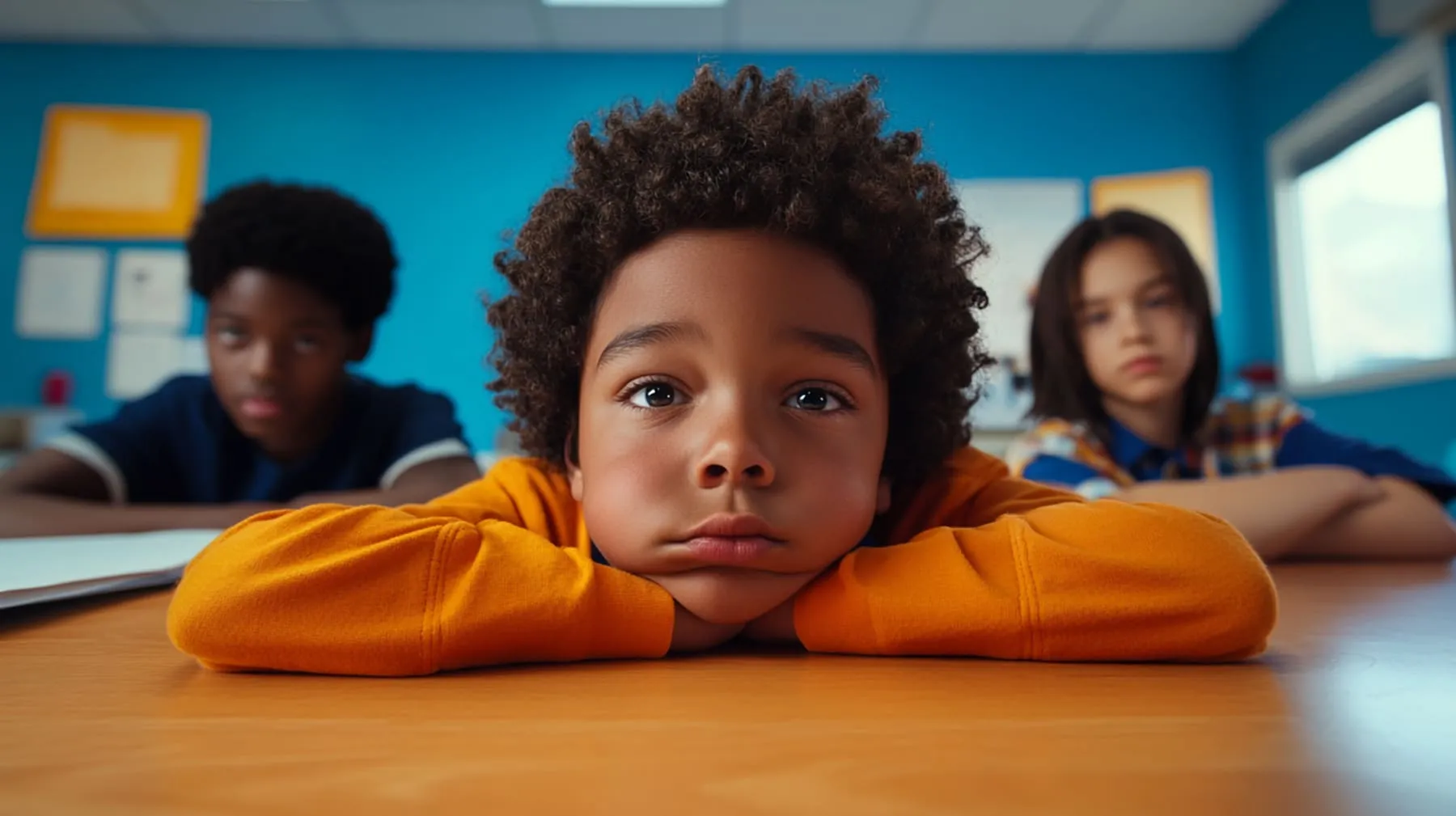How does Gen Z view traditional education?

A clash of worlds: Gen Z and traditional education
Imagine walking into a classroom where the teacher speaks to a sea of distracted faces, each student secretly longing for the freedom and engagement they find on platforms like YouTube or TikTok. This isn’t just about boredom—it’s about a generational clash of expectations. Gen Z (1997–2012), shaped by the digital age, has developed a critical, even skeptical, view of traditional education systems. Their perspective isn’t merely a rejection of outdated methods—it’s a call for transformation.
Why does Gen Z challenge traditional education?
Gen Z grew up in a world where information is always just a click away. With platforms like YouTube, Coursera, and TikTok offering fast, accessible, and engaging content, traditional classrooms—with their chalkboards and lectures—feel like relics of a past era. But this goes beyond technology; it’s about relevance. They want to learn skills that matter and apply knowledge in real time.
In a rapidly evolving world, Gen Z questions the value of rote memorization and standardized tests. Why spend years learning abstract theories when practical skills like coding, digital marketing, and emotional intelligence are in higher demand? They see education not as an end in itself but as a tool to navigate an uncertain future.
The call for practical, relevant learning
Gen Z is outcome-oriented. They value education that connects directly to real-world opportunities and favors hands-on learning over theoretical instruction.
They gravitate toward Massive Open Online Courses (MOOCs) and platforms like LinkedIn Learning, which offer tailored, self-paced lessons that lead to tangible outcomes. A LinkedIn certification or coding boot camp can seem more impactful than a traditional degree in a broad or abstract subject.
Flexibility over rigidity: the demand for personalized learning
Flexibility is essential. Gen Z is used to curating their digital experiences—from playlists to news feeds—and they expect the same from education. Self-directed learning platforms allow them to customize their education to match their interests and schedules. Blended learning models that combine classroom teaching with online content resonate deeply, offering adaptability and variety.
This isn’t only about digital convenience. It’s about autonomy. They want more elective courses, personalized paths, and the freedom to explore their own strengths. In comparison, traditional education often feels rigid and one-size-fits-all.
Mental health and well-being: a non-negotiable priority
ne of Gen Z’s most significant criticisms of traditional education is its lack of mental health support. The pressure of grades and standardized testing often leads to anxiety and burnout. Gen Z demands change and advocates for:
- Integrated mental health education
- Access to counseling and well-being resources
- Grading systems that emphasize growth and effort, not perfection
They see mental well-being as inseparable from academic success. This more holistic perspective challenges schools and universities to reconsider what it means to educate.
Rethinking higher education: questioning the ROI
Gen Z is increasingly skeptical of traditional higher education’s return on investment (ROI). With rising tuition costs and no guaranteed job security, they look elsewhere for value.
Alternative paths like online certifications, trade schools, and entrepreneurship now seem more appealing—faster, cheaper, and often more directly connected to their career goals. Gen Z isn’t rejecting education altogether—they’re more critical and selective.
What does this mean for the future of education?
Gen Z isn’t just resisting outdated systems—they’re shaping a blueprint for a more relevant, flexible, and human-centered approach to learning. Key shifts they’re calling for include:
- Integrated technology: Embracing AI, gamified learning, and immersive platforms
- Mental health prioritization: Embedding emotional intelligence and wellness in curricula
- Equity and accessibility: Addressing systemic inequalities in access to quality education
- Relevant content: Emphasizing practical skills, digital literacy, and global awareness
By listening to Gen Z, we’re not only improving education for them—we’re reimagining it for future generations.
Frequently asked questions (FAQ)
Join the conversation
How do you see Gen Z’s views on education affecting the future of learning? Share your thoughts below or contact me to discuss this in more detail!
Struggling to connect with the newest generation?
Discover how to adapt your strategies to resonate with Gen Z and Gen Alpha values. Whether social media habits, workplace engagement, or any other topic relevant to your business, we offer tailor-made strategies, interactive workshops, and inspiring sessions to bridge the gap between traditional approaches and modern expectations.
Ready to take action? Let’s shape your next steps together
You may also like these articles
Explore our collection of articles decoding youth culture, Gen Z, and Gen Alpha.






